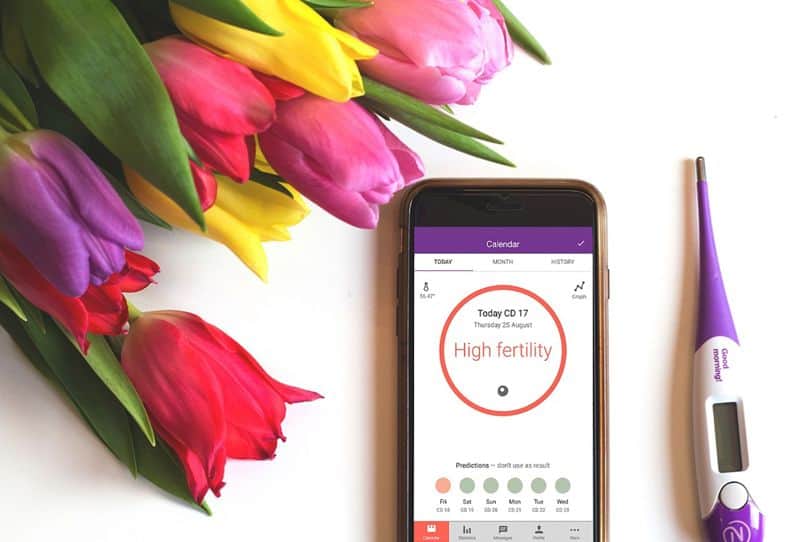BERLIN – An app which algorithmically monitors female fertility has become the first certified contraception software only for women – not teenagers.
Natural Cycles, as the app is known, was approved by German testing organisation Tüv Süd, one of the certification bodies employed by the Department of Health to test the safety of new drugs and medical devices. Its seal of approval is a significant step for Natural Cycles, which currently has 100,000 users paying £6.99 per month.
Developed by two Swedish physicists, Natural Cycles uses body temperature to measure fertility. After ovulation, increased levels of progesterone make womens’ bodies up to 0.45°C warmer. Users input their daily temperature into the app, which compares their readings against those in its dataset.
If the app determines it’s safe to have unprotected sex it will show a green day in its calendar. Days when it’s not safe to have unprotected sex are shown as red – on these days, users need to find an alternative source of contraception, such as condoms, the pill and intrauterine devices.
So, this new app could now be prescribed on the NHS alongside condoms and the pill.
Natural Cycles’s algorithm works using advanced statistical methods co-founder Elina Berglund developed during her time at CERN (the European Organisation for Nuclear Research). Berglund, 32, was part of the team that helped find the Higgs boson particle: she left in 2012 when she’d already begun work on the app.
“I wanted to give my body a break from the pill,” she tells Wired.co.uk, “but I couldn’t find any good forms of natural birth control, so I wrote an algorithm for myself.”
Berglund says Natural Cycles is “a natural alternative to the pill – with no side effects.”
However, because Natural Cycles relies on daily temperature tests and must be used alongside other forms of contraception, experts suggest it is treated with caution. “Natural Cycles is not recommended to those who are very young or very keen to avoid a pregnancy since there are other more effective methods,” says lead author Kristina Gemzell Danielsson, from Swedish medical institute Karolinska Institutet. “The efficacy is far below that of intrauterine contraception or implants, but similar to that of the pill when used in real life.”
“Most of our users are 20-35 years old and less than 0.5 per cent of our users are below 20,” says Scherwitzl. “We do not have data for teenagers nor do we advertise to them. Our product is ideally suited for women in a relationship as well as women who feel bad from their currently used contraceptive.”














